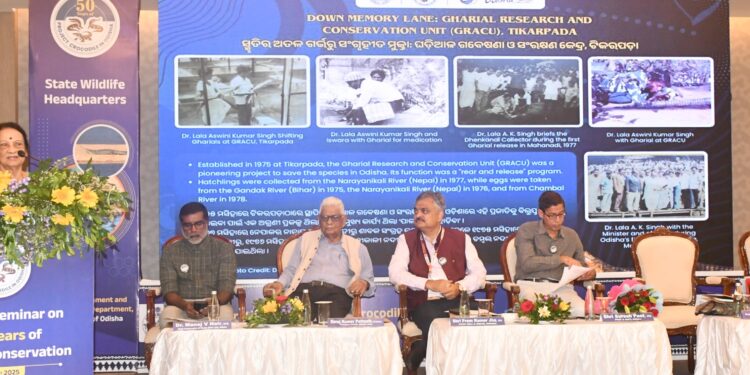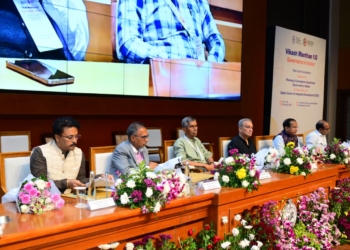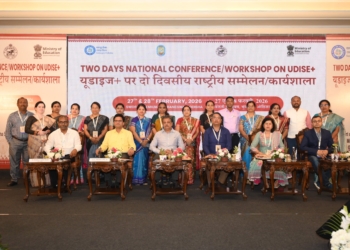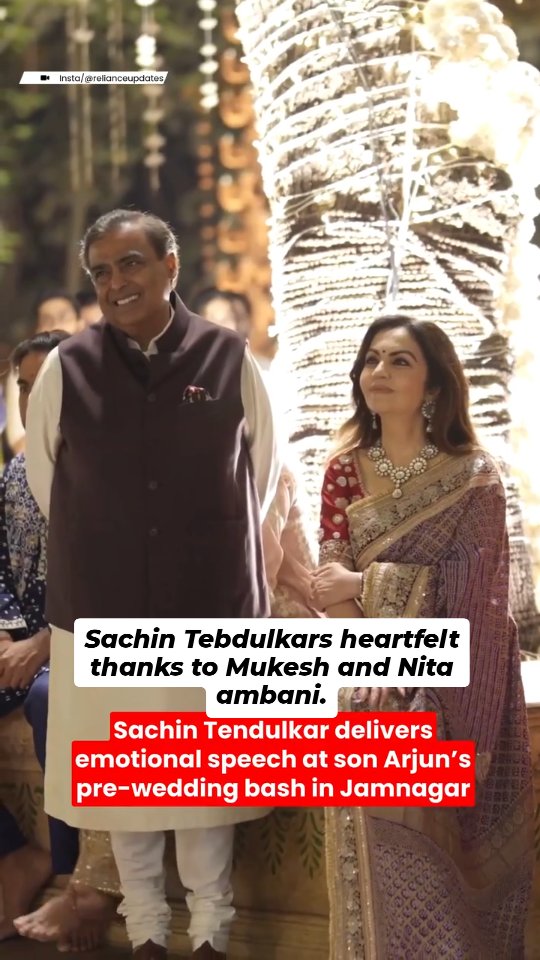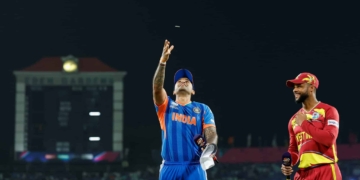A National Seminar titled “Fifty Years of Crocodile Conservation: Learnings and the Way Ahead” was held today in Bhubaneswar, in collaboration with the State Wildlife Headquarters, Forest, Environment, and Climate Change Department.
Inaugurating the seminar, Padmashri Professor Priyambda Mohanty Hejmadi, former Vice Chancellor of Sambalpur University, highlighted that when the Government of India launched the Crocodile Conservation Project on April 1, 1975, Odisha became the first centre in the country for scientific efforts in crocodile conservation. Just two months later, in June 1975, the first gharial crocodile and saltwater crocodile hatchlings were successfully hatched at the Tikarpada and Dangmal centres. Over the past 50 years, our state has successfully saved three endemic species—the saltwater crocodile, the mugger, and the gharial—from the brink of extinction. Professor Hejmadi emphasised that studying and researching wild crocodiles, both adults and juveniles, is essential for understanding their reproductive movements, courtship, nesting, pup behaviour, maternal protection, and dispersal patterns. He also noted that genetic studies are crucial for the long-term survival of crocodiles in the Mahanadi.
Principal Chief Conservator of Forests and Chief of Forest Force Suresh Pant remarked that the increase in the number of saltwater crocodiles in Bhitarkanika National Park—from 96 to 1,880 over five decades—is a significant achievement in Odisha’s crocodile conservation efforts. Natural breeding in Satkoshia Gorge has also helped revive the crocodile population, increasing their numbers to 16. Furthermore, more than 200 freshwater crocodiles have been recorded this year, indicating their recovery from habitat loss. To mitigate human-crocodile conflicts, the Forest Department has implemented initiatives such as compensation for crocodile attack victims and the construction of safe bathing facilities. However, challenges remain due to habitat loss, a reduction in nesting grounds, the construction of dams, and sand mining. Shri Pant emphasised that continuous awareness, habitat protection, and scientific research are vital for the sustainable conservation of crocodiles.
Dr. Artatran Mishra, Deputy Director General of the Forest Ministry, Government of India, noted that Odisha is the only state in India where three crocodile species are located: the saltwater crocodile (Baula) at Dangmal in Bhitarkanika, the mugger at Ramatirth in Similipal, and the gharial at Satkoshia in Tikarpada. He expressed pride in Odisha having produced India’s first PhD in the field of crocodile research and recognised the state’s leadership in crocodile conservation science. Dr. Mishra stated that Odisha’s contributions to crocodile conservation over the past five decades have been groundbreaking.
Former Principal Chief Conservator of Forests Saroj Kumar Patnaik suggested that the state government conduct a fresh survey to identify new habitats for the gharial crocodile.
Principal Chief Conservator of Forests (Wildlife) and Chief Wildlife Warden Prem Kumar Jha delivered the welcome address, stating that the golden jubilee of crocodile conservation in Odisha represents one of the most successful wildlife conservation stories in India.
Chief Conservator of Forests and Director of Nandankanan Dr. Manoj V. Nayar concluded the seminar by proposing the vote of thanks.
Four technical sessions were held afterwards, each addressing different aspects of crocodile conservation.
The first session focused on “Saltwater Crocodile Conservation: Problems and Challenges.” Former Senior Research Officer Dr. Sudhakar Kar and Senior Scientist Dr. Pratyush Mohapatra delivered presentations on lesser-known facts about crocodile conservation. The session was moderated by Lade Dayananda Gajanan and chaired by Former Principal Chief Conservator of Forests (Wildlife) Dr. Ajit Patnaik. Panellists included CCMB Chief Scientist Dr. Karthikeyan Vasudevan and Rajnagar DFO Yadav Sudarshan Gopinath, who contributed their insights during the discussion.
The second session addressed the “Conservation of Gharials.” Former Senior Research Officer Dr. Lala Ashwini Kumar Singh and Senior Scientist Dr. Abhijit Das shared their experiences in crocodile conservation. This session was moderated by ShriSamyak Samantara, with Dr. Ajit Patnaik, CCMB Chief Scientist, Dr. Karthikeyan Vasudevan, and Rajnagar DFO Yadav Sudarshan Gopinath joining the panel discussion to express their views.
The third session focused on the “Ex-situ Conservation of Crocodilians in Odisha and the Conservation of Muggers.” Dr. Sudarshan Maharana, Advisor for the Population Recovery of Gharials in the River Mahanadi project, and Dr. Manoj V. Nair, Chief Conservator of Forests (Wildlife), discussed the conservation of muggers. The session was moderated by Athagarh DFO Dr. Yagnadatta Pati. Panellists included Former Indian Forest Service Officer Dr. Sudarshan Panda, Environmental Officer of Paradip Port Shri Manoj Mohapatra, and Berhampur DFO Shri Suni Khokhar, who shared their perspectives.
The fourth session presented “Perspectives from the States and the Way Ahead.” This discussion was moderated by Chilika DFO Amlan Nayak, with speeches from Professor Sushil Kumar Dutta of Don Bosco University, Assam, Scientist Dr. Bivas Pandav, and Retired Indian Forest Service Officer Dr. Arun Mishra.


